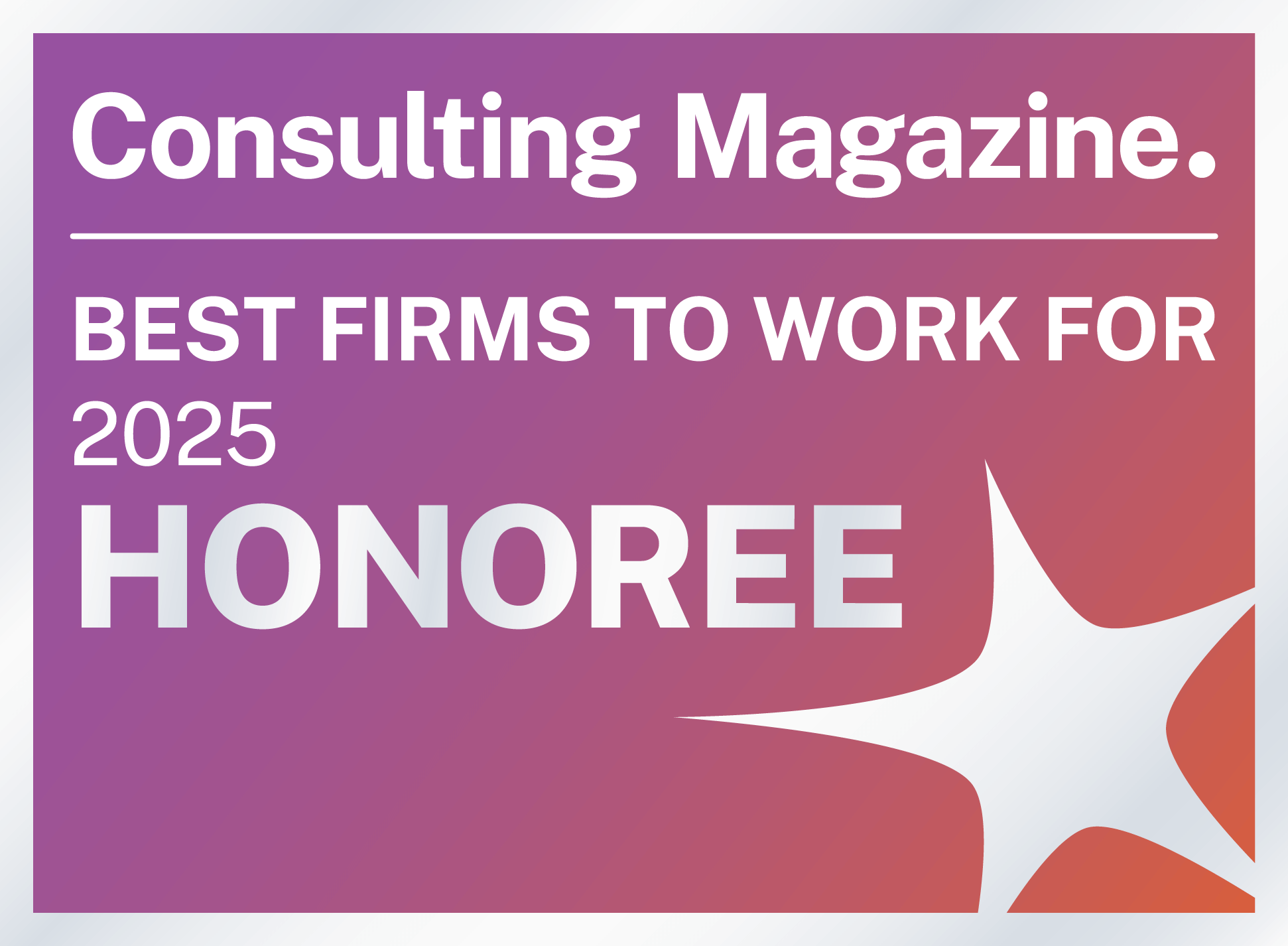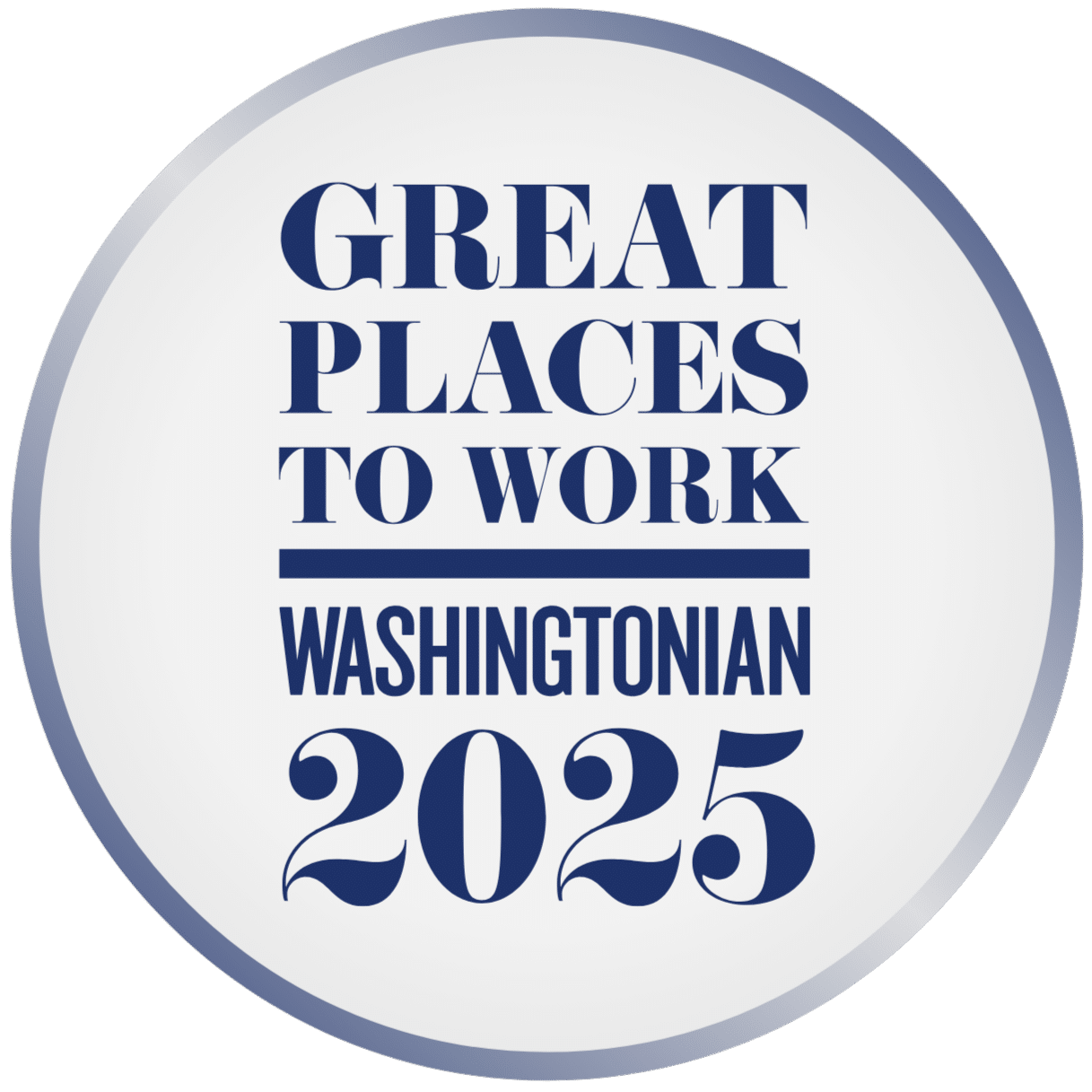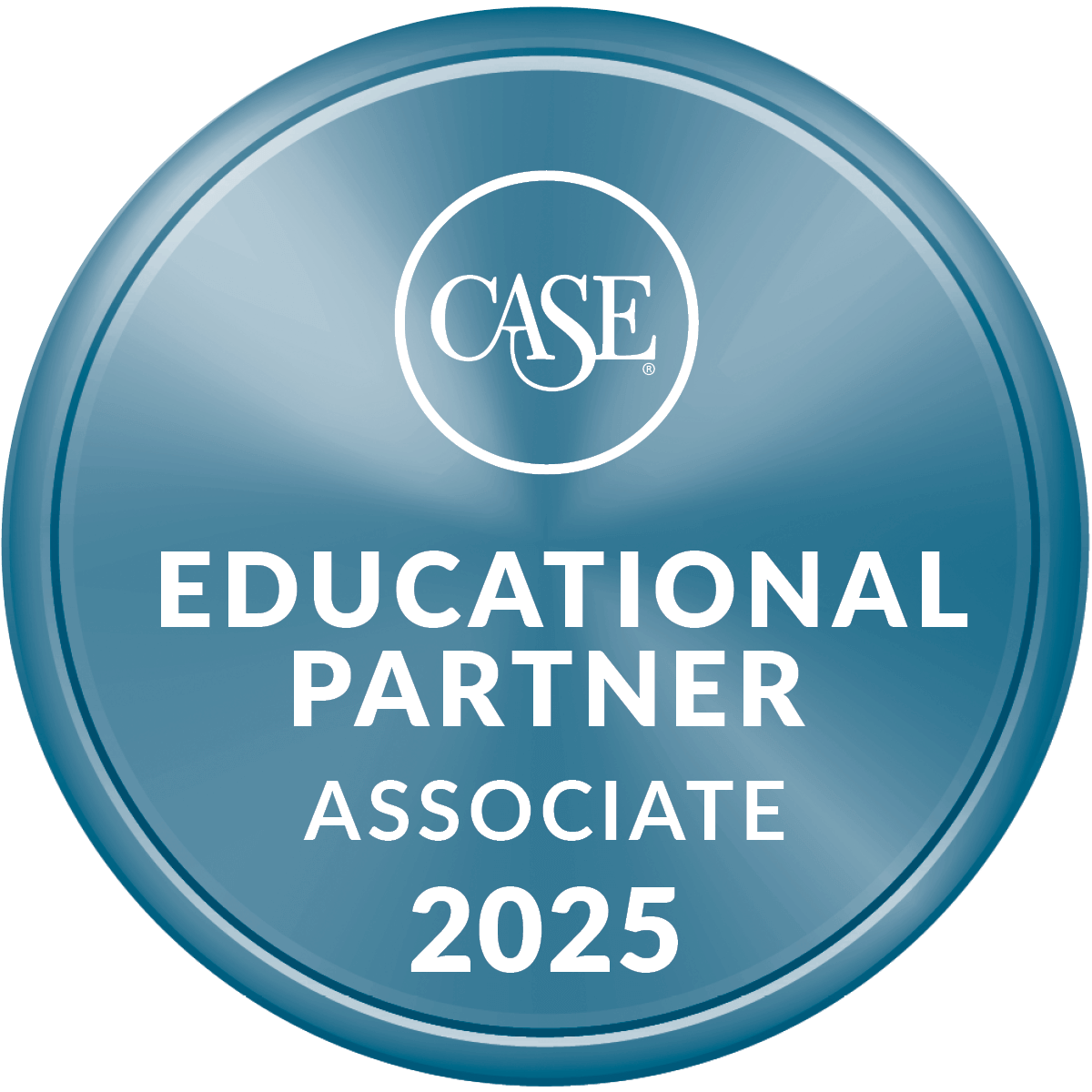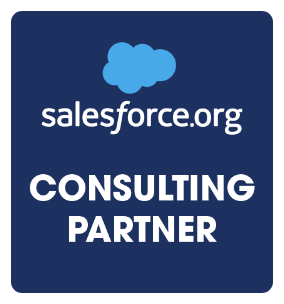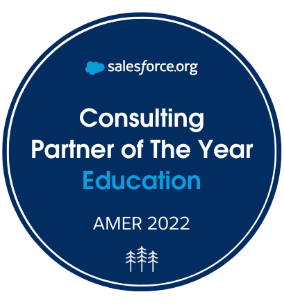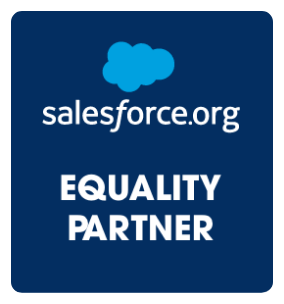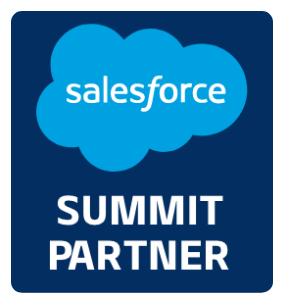Event Details
San Diego, CA
March 19 - 21, 2025
Attain Partners is a proud sponsor of NCURA’s 19th Annual Pre-Award Research Administration (NCURA PRA) Conference, taking place March 20 – 21 in San Diego, CA.
Are you attending? Add these informative sessions to your conference agenda—or stop by Attain Partners Booths #11 and #12 to talk with our experts one-on-one. We’d love to discuss solutions for any current issues your institution may be facing. Contact us today.

Wednesday, March 19 – Workshops
WS06: The Uniform Guidance: Revisions and Implementation
Wednesday, March 19 | 8:15a – 11:45a
On April 04, 2024, the Biden-Harris Administration announced the publication of the final revisions to the OMB’s Uniform Guidance, 2 CFR. It proclaimed that that “these changes will allow agencies and recipients of Federal funds to focus more time and money on delivering meaningful results for the American people.” The COFFA issued supplementary information to assist agencies with implementation on August 15, 2024 and corrections were published October 1st ,2024 and included in the final version effective October 1, 2024. See links below.
The “extreme makeover” of the Uniform Guidance results in revisions of 69 out of 191 sections (or 36 percent) from its 2020 edition. With the effective date of October 1, 2024, some of the revisions have become effective but most of the administrative and accounting revisions become effective on July 1, 2025 for most research institutions (the first fiscal year starting after October 1, 2024).
Workshop faculty with extensive financial research administration experience, including with the OMB, HHS Cost Allocation Services, Institutions of Higher Education, and organizations supporting research institutions, will discuss the significant revisions to Title 2 (Office of Management and Budget Guidance for Federal Financial Assistance), impacts on research institutions, and how institutions are implementing. Participants will have an opportunity to share and to ask questions of the presenters and other participants.
- The Biden-Harris Administration Finalizes Guidance to Make Grants More Accessible and Transparent for Families, Communities, and Small Businesses | OMB | The White House
- FY 2024 Revisions to 2 CFR: Federal Agency Implementation
- Guidance for Federal Financial Assistance; Corrections
- Title 2 Grants and Agreements
Learning Objectives
- The major revisions by the six subparts and twelve Appendices of the 2 CFR 200 and when they are effective.
- How the revisions will impact the administration of research assistance agreements.
- Potential challenges, strategies and timelines for implementation.
Speakers
- Gilbert Tran, Senior Specialist Leader, Attain Partners
- Cynthia Hope, Director, Costing and Financial Compliance, Council on Governmental Relations (COGR)
WS14: Effective Negotiations and Mediation in Research Administration: Focusing on the Soft Skills
Wednesday, March 19 | 1p – 4:30p
Successful negotiation consists of understanding the nuances of the language, effective negotiation and mediation strategies, and strong communication. Because research administration negotiators are often the go-between among the sponsor, legal counsel, senior management and the principal investigator, it is imperative to develop effective negotiation and communication skills. This workshop will focus on using general principles of research agreement mediation and negotiation, including understanding the negotiation cycle, how to successfully get to a mutually beneficial executed agreement, and explore major issues that often arise in negotiations and learn tactics to handle these situations. This workshop will help participants improve negotiations with internal and external stakeholders and delivering better outcomes for all involved.
Learning Objectives
- Understand the negotiation cycle and learn how to apply negotiation principles to get to a mutually beneficial executed agreement successfully.
- Learn best practices and resources for improved negotiation strategies.
- Engage in experiential learning activities focused on negotiation strategies.
- Enhance internal and external communication strategies to deliver better outcomes.
- Explore major issues that may increase risk of a dispute and tactics to handle these situations.
Speakers
- Emily Njus, Senior Consultant, Attain Partners
- Mindy Solivan, Senior Consultant, Attain Partners
- Jessica Frisch-Daiello, Contracts Officer III, University of Central Florida
WS15: Assessing Organizational Efficiency and Effectiveness
Wednesday, March 19 | 1p – 4:30p
Research administration has been through a remarkable few years of transformation. For research administration units, efficiency and effectiveness is paramount to our ability to provide added value in our service to our research constituents. The pandemic created an imperative for effective processes, electronic systems and training. For many institutions, this led to the implementation or upgrade of grants management and/or enterprise resource planning systems that require careful planning for smooth transitions to new ways of conducting our work. Those overhauls coupled with the everchanging regulatory requirements, goals for increasing research funding and a hyper-competitive job market have stressed even the most resilient offices. For many, engaging external consultants can bring a set of fresh eyes to critically examine people, processes and systems. Planning for the engagement of external consultants in such assessments begins with articulating the issues to be addressed, drafting a request for proposal, and creating an environment where all stakeholders from staff to researchers are empowered to provide honest and constructive insights. Senior administrators and consultants will share insights on how their external assessments have provided actionable recommendations.
Learning Objectives
- Identify strategies for formulating a plan for an external assessment.
- Recognize how to engage and empower front line employees in the process of organizational transformation.
Speakers
- Shacey Temperly, Principal, Attain Partners
- Susan Sedwick, Senior Consulting Specialist, Attain Partners
- Lamar Oglesby, Executive Director, Research Financial Services, Rutgers, The State University of New Jersey
Thursday, March 20
2 CFR 200 Uniform Guidance Revisions, the Sequel – Where are We in the Implementation: the Trial, the Roadblocks, and the Results?
Thursday, March 20 | 10:15a – 11:30a
Location: Sapphire P, Level 4
On April 04, 2024, the Biden-Harris Administration announced the publication of the final revisions to the OMB’s Uniform Guidance, 2 CFR. It proclaimed that “these changes will allow agencies and recipients of Federal funds to focus more time and money on delivering meaningful results for the American people.” The COFFA issued supplementary information to assist agencies with implementation on August 15, 2024, and corrections were published on October 1, 2024, and included in the final version effective October 1, 2024. See links below.
The “extreme makeover” of the Uniform Guidance results in revisions of 69 out of 191 sections (or 36 percent) from its 2020 edition. With the effective date of October 1, 2024, some of the revisions have become effective but most of the administrative and accounting revisions become effective on July 1, 2025, for most research institutions (the first fiscal year starting after October 1, 2024).
On January 20, 2025, a new Administration made its start in the Nation’s Capital and issued 26 Executive Orders (E.Os) to reshape the Nation’s landscape. The first E.O. rescinded many previous policies. We will explore any impacts of the E.O.s on the Uniform Guidance revisions and overall grant management.
This session will discuss the significant revisions to Title 2 (Office of Management and Budget Guidance for Federal Financial Assistance), its impacts on research institutions, and how institutions are implementing. It will highlight any impact of the Executive Orders on the Uniform Guidance.
- The Biden-Harris Administration Finalizes Guidance to Make Grants More Accessible and Transparent for Families, Communities, and Small Businesses | OMB | The White House
- FY 2024 Revisions to 2 CFR: Federal Agency Implementation
- Guidance for Federal Financial Assistance; Corrections
- Title 2 Grants and Agreements
Learning Objectives
- The major revisions by the six subparts and twelve Appendices of the 2 CFR 200 and when they are effective.
- How will the revisions impact the administration of research assistance agreements?
- Potential challenges, strategies, and timelines for implementation.
- Impacts of the New Administration policies on the Uniform Guidance.
Speaker
- Gilbert Tran, Senior Specialist Leader, Attain Partners
How to Manage Competing Priorities in the Proposal World
Thursday, March 20 | 1p – 2:15p
Location: Aqua F, Level 3
Research administrators are often caught in a whirlwind of competing priorities: navigating last-minute proposals alongside timely submissions, securing internal approvals, balancing subawards, and managing pre- and post-award portfolios. We will discuss effective communication strategies that ensure transparency, manage expectations, and maintain efficiency when juggling these challenges. Key topics include: Strategies for balancing late vs. on-time proposals while aligning with upper leadership expectations. Streamlining internal approval processes, such as cost-sharing and PI status. Adapting to varying PI experience levels to tailor support. Efficient resource management—when to create your own versus leveraging shared tools. Managing priorities in real-time when plans change. Organizational systems to track tasks and handle shifting deadlines. Communicating priorities effectively to non-grants professionals and leadership. Attendees will leave with actionable insights to navigate their hierarchy of needs, balance competing demands, and improve communication workflows in research administration.
Speakers
- Kathleen Halley-Octa, Manager, Attain Partners
- Carol Bitzinger, Senior Grants & Contracts Specialist, The Ohio State University
Breaking News – The NIH’s Flat Rate – Impact and Implementation
Thursday, March 20 | 2:45p – 3:45p | Sapphire DH, Level 4
Location: Sapphire DH, Level 4
Speakers
- Gilbert Tran, Senior Specialist Leader, Attain Partners, and OMB Emeritus
- Mark Davis, Managing Partner and Attain Research Lead, Attain Partners
- Roseann Luongo, Senior Director, Huron
- Wendy Meister, Senior Director, Huron
NIH’s Flat Rate for Research Overhead
With decades of experience in the research ecosystem, Attain Partners is ready to help your institution navigate these changes.
Effective Negotiation and Mediation in Research Administration
Thursday, March 20 | 2:45p – 3:45p
Location: Sapphire E, Level 4
Negotiation occur in all aspects of our daily lives, especially our professional lives. Negotiations are not limited to formal contract negotiations, they occur throughout interactions with others. As a research administrator, using effective negotiation and mediation skills throughout interactions with principal investigators, sponsors, and other departments can facilitate productive interactions and correspondence. This session will focus on the negotiation cycle, negotiation strategies, and mediation methods and how these principles can be applied in a variety of communications, from emails to complex award negotiations.
Learning Objectives
- Understand the negotiation cycle and learn how to apply negotiation principles to a wide range of situations
- Learn effective mediation strategies for difficult negotiations
- Explore major issues that arise in negotiations and learn how to more effectively navigate them
Speakers
- Emily Njus, Senior Consultant, Attain Partners
- Avril Liu, Contracts & Negotiations Manager, Northwestern University
F&A – UG Changes and Strategies for Maximizing Indirect Recovery
Thursday, March 20 | 2:45p – 3:45p
Location: Aqua D, Level 3
Starting with the recently revised Uniform Guidance, there are so many government issues that have surfaced that are affecting the development and negotiation of indirect rates. This session is going to cover these relevant indirect cost topics including current government focus areas, hot and emerging indirect cost topics that matter, and other regulatory matters that will be of interest to individuals who are interested in the regulatory environment for indirect cost issues.
Learning Objectives
- Understand new and emerging issues and how to discuss and apply them.
- Understand the government’s position on these issues.
Speaker
- Wallace Davis, Partner, Attain Partners
Friday, March 21
Fitness Trifecta – A Non De-Minimus Workout
Friday, March 21 | 6:15a – 7a
Location: Aqua 314, Level 3
Join Gil Tran and leaders from NCURA and Huron for a fitness trifecta!
- 6:15a | Warm-up – All
- 6:20a – 6:35a | Zumba with Gil Tran, Attain Partners
- 6:35a – 6:50a | Kickboxing
- 6:50a – 7a | Cool Down Yoga Stretching
Whether this is your first Zumba/Kick Boxing experience, or you are an expert, this workout is for you. And our yoga stretching at the end is also for everyone.
Join the fun—the early bird gets the endorphins!
Building a High-Performing Research Administration Team in a Competitive Job Market
Friday, March 21 | 10:15a – 11:30a
Location: Aqua BC, Level 3
The Great Resignation has significantly impacted higher education, particularly research administration. High turnover rates, coupled with a shortage of experienced professionals, have created challenges for institutions seeking to build and maintain effective sponsored programs offices. This session will explore strategies for effectively recruiting, onboarding, and developing research administrators to foster a high-performing workforce and increasing employee engagement.
Learning Objectives
- Identify key factors contributing to high turnover rates in research administration and develop strategies to mitigate these challenges.
- Learn practical tips for attracting, hiring, and retaining qualified research administrators in a competitive job market.
- Explore effective onboarding and training programs to accelerate new hire productivity and enhance employee engagement.
Speakers
- Kathleen Halley-Octa, Manager, Attain Partners
- Darren May, Director, Office of Sponsored Programs, Auburn University
RACC Certifications: I’m a Research Administrator – What Now?
Friday, March 21 | 1p – 2:15p
Location: Sapphire I, Level 4
Join us as we answer all your questions around the CRA and CPRA certifications from studying to what the exam is like to what happens after you pass.
Learning Objectives
- Learn the difference between the CRA and CPRA certifications.
- Learn why one may want to get both certifications.
- Learn how it can assist in one’s career path.
Speakers
- Georgetta Dennis, Senior Associate, Attain Partners
- Denise Rouleau, Director, Research Administration, Cummings School of Veterinary Medicine at Tufts University
Pre- & Post-Award are a Symbiotic Relationship: Who’s Driving you Crazy?
Friday, March 21 | 1p – 2:15p
Location: Sapphire 410, Level 4
Symbiosis is defined as a close, prolonged association between two or more different biological species. This relationship can be symbiotic (mutualistic), where both parties involved benefit from the interaction, or it can be parasitic, where one party benefits while the other is harmed. In this context, we will explore how the concept of symbiosis—where both parties benefit from collaboration—can be applied to enhance the relationship between Pre-Award and Post-Award management teams. Many times, we hear complaints and frustrations from one side of the proposal/award lifecycle or between departments and central offices. This discussion group aims to foster open and constructive dialogue among all stakeholders in the proposal/award lifecycle. Participants will identify key areas of concern, share perspectives, and collaboratively develop strategies for mutual improvement and effective collaboration.
By participating, attendees will gain insights into the challenges faced by their counterparts, learn best practices for improving collaboration, and contribute to a more harmonious and efficient research administration environment.
Learning Objectives
- Identify Common Areas of Friction: Participants will be able to identify and describe common areas of friction and dissatisfaction between Pre-Award and Post-Award teams, and between departments and central offices.
- Facilitate Constructive Dialogue: Participants will be able to engage in and facilitate constructive dialogue to address concerns and frustrations from different sides of the proposal/award lifecycle.
- Explore Opportunities for Mutual Growth: Participants will be able to identify and discuss opportunities for mutual growth and adaptation that can improve collaboration and reduce issues between Pre-Award and Post-Award teams.
Speakers
- Benjamin Garvin, Senior Associate, Attain Partners
- Jerod Kersey, Director, Lead Proposal Coordinator, Stephenson Cancer Center, University of Oklahoma Health Sciences Center





